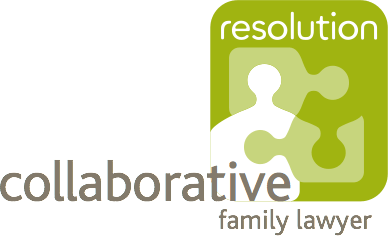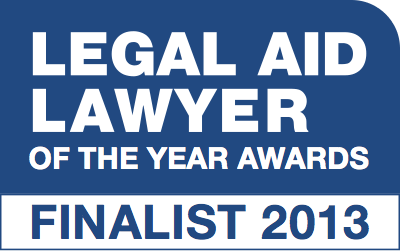Reaching a financial agreement with my ex-partner - what are the options?
When getting divorced or separating, making a financial agreement with your ex-partner is usually one of the most important practical issues you will need to sort out. While this can sometimes be relatively straightforward, it can easily become complicated and a major source of conflict if not handled correctly.
A financial settlement MUST be legally binding on both of you or at a later stage you can find yourself in difficulties with your ex-partner making financial claims against you. This means that any agreement you reach must be drafted correctly and sent to the court within divorce proceedings so that a judge can approve it and turn it into a legally binding court order. You do not need to go to court in most cases but your solicitor sends the consent order to court for approval.
How to reach a financial settlement
There are several options commonly used for reaching a financial settlement during divorce or separation. These include informal negotiations between both parties’ solicitors, mediation, round table meetings with both parties and your solicitors, and court action.
Which will be suitable for you will largely depend on the circumstances and how willing you and your former partner are to work together to agree a settlement.
Informal negotiations
If your finances are relatively simple and you and your ex-partner have a positive relationship, it is often possible for you and your respective solicitors to quickly agree a settlement.
This will usually be the fastest and least expensive way to agree a settlement, but requires both parties to be willing to make an agreement and there being no major points of contention to work out.
Mediation
This involves both you and your ex-partner meeting with a trained family mediator who will act as a neutral third party facilitating the discussion over your financial settlement. The mediator will help to guide your conversations and defuse any potential conflict, keeping the meetings productive and amicable.
To start the process off, you will normally have an initial meeting with a mediator, known as a Mediation Information and Assessment Meeting (MIAM), to establish whether mediation is right for you. If you decide to go down this route, it typically takes several sessions to reach a settlement, with the exact number depending on the issues to resolve and how quickly you are able to work through them.
Mediation is increasingly popular for resolving disputes over divorce settlements and is actively encouraged by family courts. You will normally need to show that you have at least considered mediation by attending a Mediation Information and Assessment Meeting before you will be allowed to take the matter to court.
Round table meetings
Often used when there are more complicated issues to resolve, such as a jointly-owned business, investments or pension entitlements, this can be a very effective way of reaching an amicable agreement.
Also known as ‘collaborative law’, this involves you, your former partner and your respective solicitors meeting for a four-way negotiation on the details of your settlement.
The advantage of this approach is that it means you both have immediate access to the expertise and guidance of your own lawyers, which can make it easier to unpick any complicated issues and give you the confidence that your interests are not being compromised.
As part of the process, you can also bring in other professional experts, such as accountants and financial advisers, allowing you to benefit from their knowledge and skills as well.
Court action
In some cases, going to court is the only way to reach a financial settlement. This could be because you have tried other methods without success, your ex-partner is refusing to engage with your attempts to reach a voluntarily solution, or there are issues such as domestic abuse that make other options unsuitable.
If you do decide to take this route, it is important to have expert legal advice and representation to ensure your interests are protected and that you have the best chance of reaching a fair settlement.
Making a voluntary settlement legally binding
If you agree a financial settlement voluntarily, e.g. through negotiation or mediation, it will not automatically be legally binding on either party. To make the agreement binding, you will need to apply for a Consent Order from a court.
To make a Consent Order, you will need to have your solicitor draw up the appropriate paperwork and you and your ex-partner will both need to sign this draft Consent Order. You will also both need to complete a notice of an application for a financial order and a statement of information form (which helps the court decide if the settlement you have agreed is fair).
Your solicitor will need to submit this paperwork to the relevant court for approval and a judge will review the draft Consent Order and statement of information form and decide if they believe the settlement is fair.
If the judge is happy with the settlement, they will approve it and your financial settlement will become legally binding. If the judge does not feel the agreement is fair, they can alter the Consent Order to reflect this or make a new court order setting out how your finances should be separated.
Get expert legal advice and support for making a financial agreement
Atkins Hope’s family law solicitors are highly experienced in all of the various methods for reaching a financial agreement following divorce or separation. We can help you find the right choice for you, then support and guide you through every step of the process so you get a fair settlement quickly and cost-effectively while keeping conflict to a minimum. We also have a Resolution trained mediator who is also a family lawyer who can assist in both helping you reach an agreement together as well as providing information about the legal procedure.
To find out more, please ring 0208 680 5018 or contact your local Atkins Hope office in Croydon, Medway, Blackheath or Guildford.
To ask a quick question, you can use our simple online enquiry form, and a member of the team will get back to you promptly.








